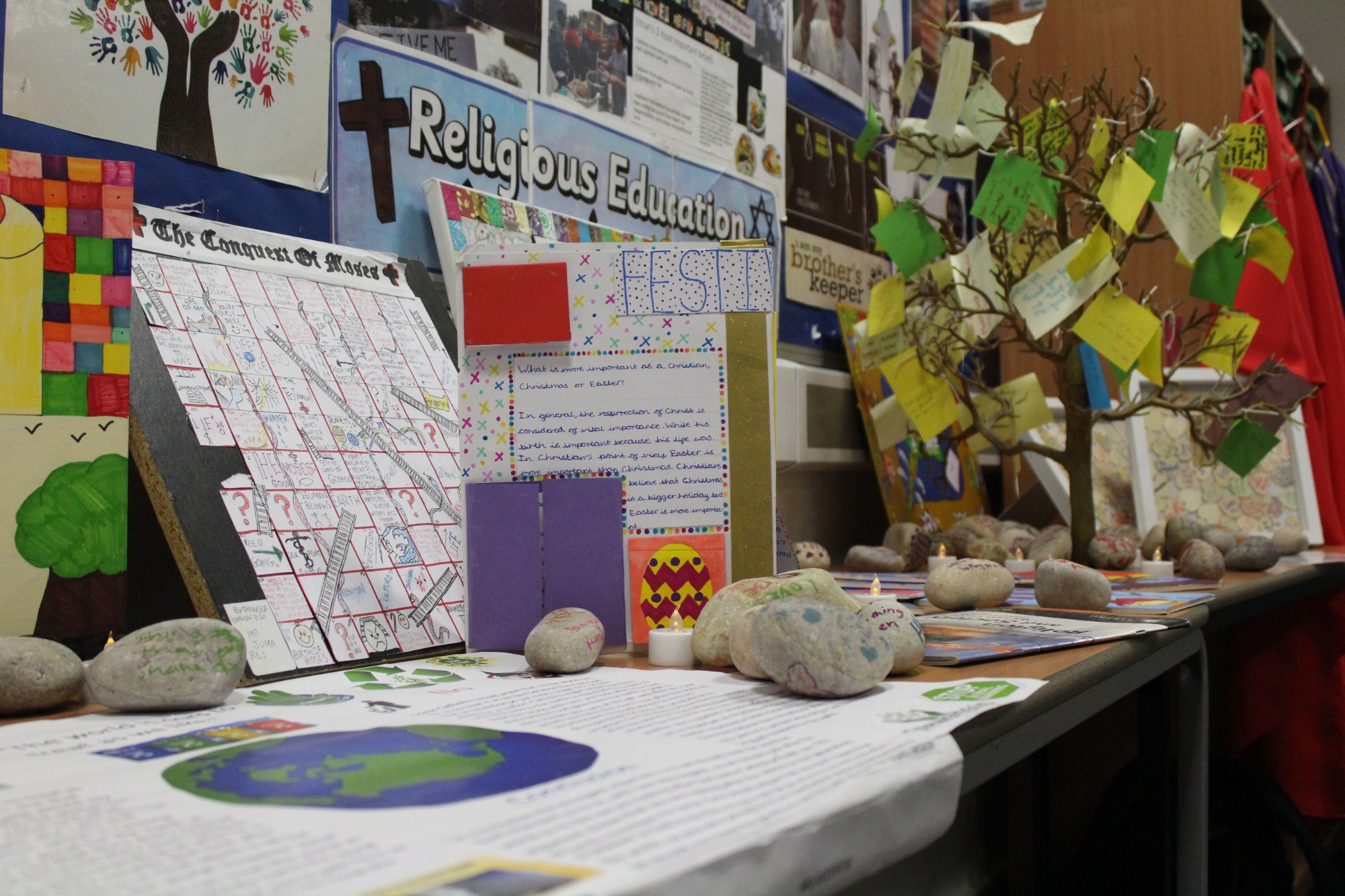Science
Curriculum Intent
Our departmental vision at STJ is to develop, nurture and promote in all our students, regardless of background or ability, a lifelong passion, curiosity and interest in the sciences, by providing the foundations for understanding the world around them. Our aim is to produce scientists who are provided with the toolkit necessary to enable them to pursue careers in science or to simply have the ability and confidence to ask and answer questions about science in their everyday lives.
Our intention is that all students should make outstanding progress in a nurturing environment, without barriers to learning, enabling students to be confident, happy and to flourish as learners and independent thinkers.
Science is a multidisciplinary subject which plays an integral role in all aspects of our lives. It is a subject that melds, interleaves and supports many subjects. Science develops and utilises many important cross-curricular skills, including literacy, numeracy, problem solving, analysis and evaluation; all of which are crucial for future success.
Our curriculum is both ambitious and inclusive and at all Key Stages, we fulfil National Curriculum requirements.
At KS3, we introduce key Big Ideas, such as Forces, Ecosystems and the Earth, to prepare students for KS4 through a two-year AQA KS3 programme called Activate. This builds the foundations of knowledge and skills that underpin, and enable all students to access, the AQA GCSE curriculum at KS4.
At KS4, two GCSE pathways are delivered; Combined Science Trilogy and the Separate Sciences. These pathways also provide the springboard to continue studying the Sciences at Level 3 either as a BTEC or the three individual GCE Sciences.

